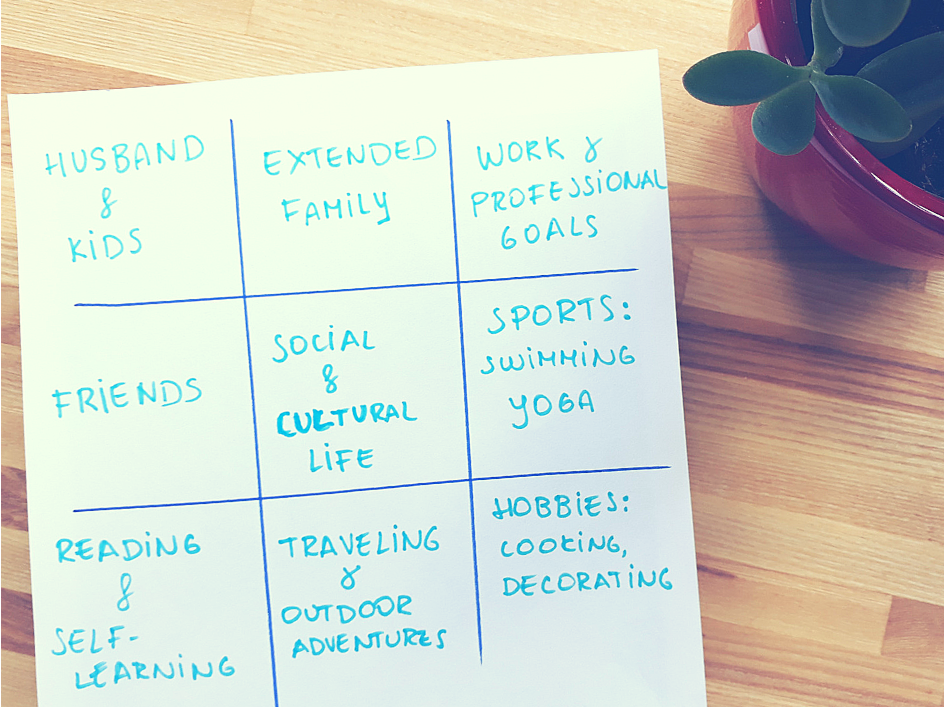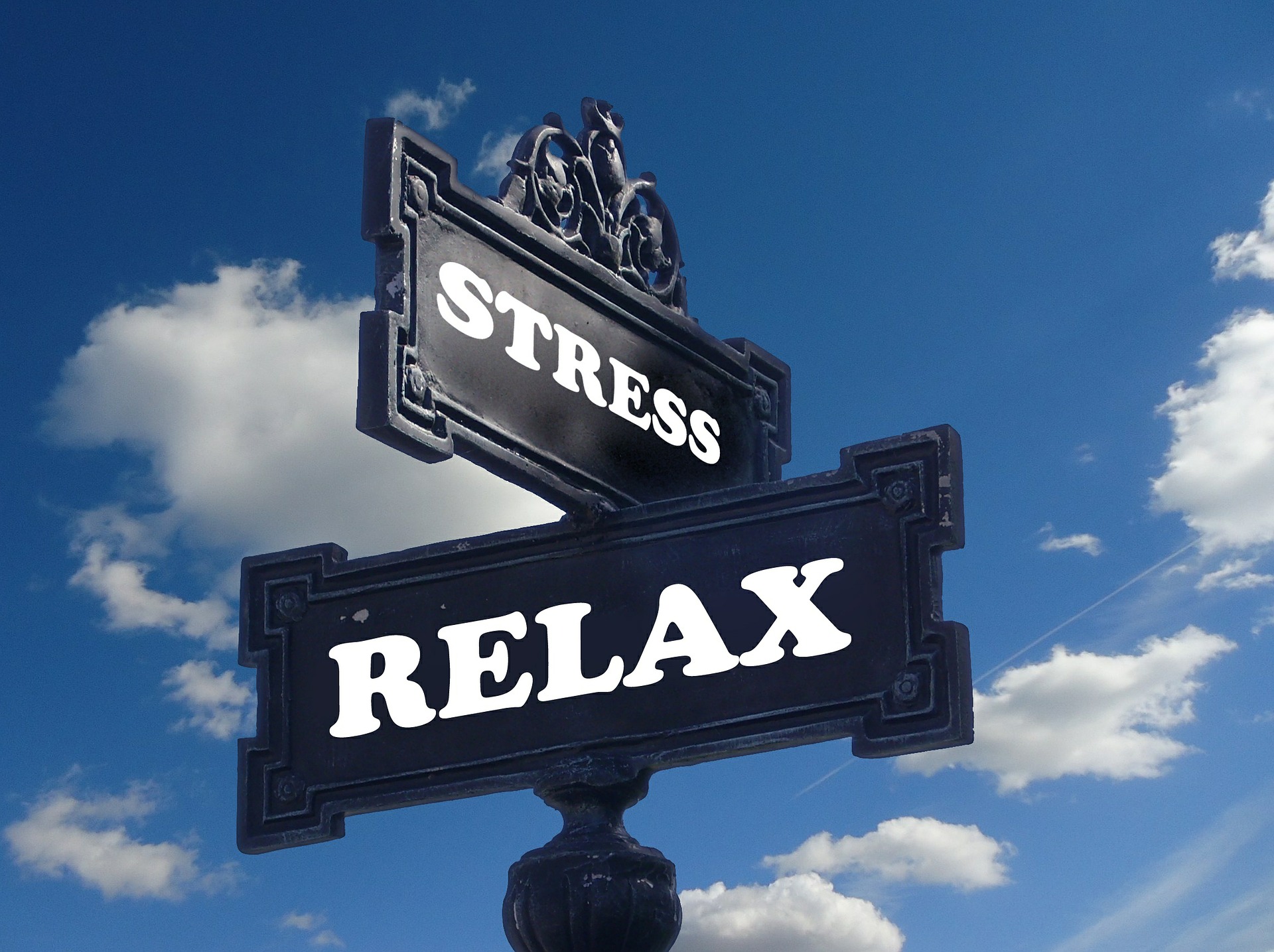How to prevent and fight job burnout

Most of us have experienced days of stress, demotivation, and exhaustion at work.
But how to know if these feelings are a normal part of the “ups and downs” that all of us sometimes have in our personal and professional lives?
Or are they a sign of something more serious, like job burnout?
What to do to avoid burnout and how to fight it once it’s already started?
To help you detect and tackle this worker’s malaise, we’ve consulted a psychotherapist and compiled a list of helpful strategies.
Want to get the most out of your time?
Try DeskTime for free!
Try free for 14 days · No credit card required.
By signing up, you agree to our terms and privacy policy.

Job burnout explained
Burnout is a state of emotional, physical, and mental exhaustion caused by continuous and excessive stress. People experiencing burnout often feel helpless, demotivated, and completely exhausted – and these symptoms can often be visible physically.
The term “burnout” comes from aeronautics and it means the “shutoff of a rocket motor following the complete exhaustion of its fuel supply”. Similarly, like a rocket or a car cannot run on an empty tank for too long, humans can also “burn out” if they don’t take care of “filling their tank” in time.
Unfortunately, today burnout isn’t uncommon. The statistics are worrying – in 2017, 54 percent of people have claimed that their stress level is usually high. While a recent study revealed that 57% of employees in tech companies were feeling burnt out by their jobs.

These are signs of burnout:
- You feel “drained” and barely drag yourself into work every day;
- You are disillusioned about your work – it doesn’t motivate or excite you anymore;
- You are often resentful and cynical about everything that happens at work (and even out of work);
- You are having concentration problems and your work performance is suffering;
- You are feeling nervous, exhausted, depressed, anxious or even having panic attacks;
- You have various health issues caused by an unhealthy lifestyle and lowered immunity. Once you treat one illness, another one comes along;
- The relationships with your friends, colleagues and loved ones are suffering.
Psychotherapist Eva Ratfeldere explains that burnout is more common in perfectionists and people who have set overly high demands and plans for themselves.
She adds: “Job burnout is often rooted in the feeling that you aren’t good enough. This feeling then leads to choosing a job that one doesn’t really like (because they don’t believe they can do better), not fighting for better conditions at work, and working too much – just to get the smallest positive feedback.”
Important! If you’re having these thoughts and feelings for just a week or two, this may not yet mean that you’re experiencing real burnout. We all sometimes have more stressful periods and temporary slumps at work. But if you realize that every day is a bad day and everything seems like a total waste of energy, there’s a real cause for concern.
E.Ratfeldere points out: “As burnout tends to happen over an extended period of time, it can creep up on you and may be difficult to detect. Especially if you are in the middle of that rat race that caused your burnout in the first place. Furthermore, every personality type can experience and manifest burnout in a different way.“
It’s important to understand that it isn’t only work that causes burnout. Other factors contribute to it, including your lifestyle, personality traits, and what you do in your free time.

Some of the most typical causes for burnout:
- Feeling stressed and pressured daily – at work or/and home;
- Obsessively worrying about your performance and future;
- Working overtime – arriving early, leaving late, working weekends;
- Having very little time and energy for work-unrelated activities, as well as your friends and family;
- Most of your thoughts and conversations with friends on family being about your job;
- Leading an unhealthy lifestyle – sitting long hours, neglecting physical activities, eating fast food, smoking and drinking too much, etc.
How to prevent burnout
Nowadays, when every day resembles a rush hour, many of us are at risk of job burnout.
The good news:
It’s in your power to keep burnout at a safe distance.
Stick to these tips to prevent burnout before it’s struck. Many of these strategies will also work if you’re already experiencing the symptoms.
1. Nurture diverse life areas and interests
People who are truly invested in many different things are much less likely to get burnt out than those who have few interests in their life.
Psychotherapist Eva Ratfeldere suggests dividing a list of paper into 9 sections for different parts of your life. Some examples can be – family, work, friends, hobbies, traveling, volunteering, sports, time spent alone, etc. Then make sure you cultivate all these areas of your life and dedicate time for each of them every week.

2. Take control of your time management
Structure your workday the way you like it – for example, do creative tasks in the morning when you feel best, then have a full hour for lunch break, and spend it the way you like and find rewarding.
Leave the afternoon to doing routine tasks like sorting documents, writing reports, etc., and plan a relaxing coffee break in the middle. Do the tasks while listening to your favorite music. At the end of the day, note what you’ve achieved and think about what you’ll do the next day. Personal scheduling may be very helpful to set your priorities and make sure you’ve left some time for having fun as well.
Additionally, plan your days so that there’s exciting stuff to do after work – something to look forward to at the end of the workday. Don’t reschedule your plans because of work.
3. Get more exercise
The health of your body has a direct link to the health of your mind. Exercising on a regular basis helps to prevent a wide range of health problems – not only physical (like stroke, diabetes, a number of types of cancer), but also mental (like anxiety and depression).
Working out is also a fantastic way to relieve stress and recharge your brain and enthusiasm by just focusing on the task in front of you. But even if you’re working 9 to 5, you can (and should) exercise – before work, after work and even in your office hours.
Whatever is your relationship with active lifestyle and sports, there’s probably something more you can do – or something new you can start doing.
If you’re having trouble finding your favorite physical activity, try these tips:
- Think of what you love doing and then try to add a sports element to it. For example, if you love gardening, start doing it more actively and expand your garden. If you love watching movies, get a fitness mat and do some exercise in front of the TV.
- Get a fitness watch or a pedometer – these tiny accessories can serve as excellent motivators to move and set new personal records.
- Set a reminder for doing exercise several times a day – even at work. You’ll see that the habit will stick in a few weeks’ time.

4. Take a vacation and fully unplug
When there’s just too much to handle, holidays – either long or short ones – can help to take the edge off. But on one condition only – if you are 100% present in them.
What does this mean?
You have to fully unplug for the holiday to work.
Don’t check your emails and other work-related apps. Set an automatic out-of-office responder or a do-not-disturb status. Ideally, mute the notifications of apps that are linked with your work, e.g. email, Slack, LinkedIn, and others.
If you’re afraid to return to a pile of work after your holiday, make sure you delegate as many tasks as you can. For example, set an automatic email forwarding to the person who fills in for you. Leave clear instructions for what to do with your urgent tasks while you’re away.
In addition, let your regular contacts know the dates you’ll be unreachable, and ask if there’s anything you can do in advance.

5. Change your work environment
A different way to distance yourself from work-related stress is changing the setting where you work. If your work specifics allow it, spend a week or a month working from somewhere else – your countryside house, another city or country.
Indeed, workation is an increasingly trendy type of holiday where you combine working with sightseeing or relaxing. If you’re a small company, you can do it together with your colleagues. Or, you can do it alone and see how it impacts your mood and performance.
Alternatively, you can spend a day working from another location than your office. For example, try working from a coffee shop, the library, or even the coziness of your home.
Pro tip: Don’t forget to check which is your most productive environment with DeskTime’s automatic time tracking feature!

6. Contribute
Work satisfaction largely comes from a sense of contribution – a feeling that your work matters. Helping your colleagues or doing something valuable for the company (or the society) can give you a feeling of mission or a cause.
Some ideas on how you can contribute:
- Join groups or initiatives within the company, like office events’ organizers or charity groups;
- Volunteer to onboard and mentor new colleagues;
- Offer to write a whitepaper documenting your knowledge and tasks in instructive steps;
- Out of work, volunteer in orphanages, elderly homes or animal shelters;
- Join an organization that fights for environmental issues, advocates animal rights, etc.;
- Be proactive in your neighborhood – join local initiatives for giving during Christmas and throughout the year.

Want to keep your team happy?
Time tracking is a great tool to avoid employee burnout.
7. Cut down on caffeine and alcohol
When life stresses us out, we often turn to unhealthy habits that seem to comfort us and calm us down. Alcohol, smoking, and stress-eating are some examples of these “false friends”. Coffee and energy drinks are another type of substances that we cling to hoping to wake up or remove exhaustion.
Even if these can sometimes help in moderation, soon you’ll realize that they no longer bring the desired effect. What’s worse – you can quickly become addicted to them.
Instead of having several cups of coffee every day, have a power nap. Or, try going to sleep earlier in the evening to wake up refreshed.
Similarly, alcohol may give a temporary lift and serenity, but it leaves you more stressed and depressed in the long run. Instead of reaching for the glass, try to engage in healthier activities that help you let off steam and calm down. Some examples – go for a walk or run, call a friend, run a hot bath, or try a new dinner recipe.

8. Learn how to manage stress
We each have our own psychological comfort zones and coping mechanisms in stressful situations. But sometimes they are not the most effective approach – especially if they involve pretending the problem doesn’t exist or forcing yourself into it again and again.
Instead of running away from the problem, try this strategy:
When you’re feeling stressed, listen to yourself and ask – what brings this anxiety? Once the true source is clear to you, address it directly. For example, if you feel that the deadline for a task is too short, talk to your customer or your boss about extending it or involve another colleague who could help.
Some stress management tips for when you’re swarmed with work:
- Instead of digging deeper into your tasks, take a 15-minute walk and think about something else. This mild exercise will recharge your brain and reduce your stress levels, thus improving your concentration and performance.
- Create to-do lists and tick off tasks one by one. This simple approach will help organize your work and give you a feeling that you’re dealing with everything.
- Breathing exercises are very effective for managing stress and achieving inner peace. You’ll need some time to master them, but they are sure to benefit your body and mind.
- Get more sleep. In most cases, sleeping is the best idea for relieving stress about work or before making major decisions.

9. Start a new hobby
Finding a new interest may be one of the most pleasant – and simple – ways to avoid burnout. Ideally, find something you’ve always wanted to do, but never had the chance to try.
It can be a sportive hobby (like playing squash or learning to swim), a craft (like painting or ceramics), or volunteering for a cause you believe in. If you truly dedicate yourself to a passion, you are sure to get a therapeutic release and come to work recharged and inspired every day.
10. Get better sleep
Sleep is one of the best cures for pretty much everything. We all know that sleep deficiency can cause more stress and countless health complications. But know this, too – the less you sleep, the less motivated and accurate you are in your tasks, and the harder it gets to make appropriate decisions.
Contrary to what you might have heard, your brain can’t recover from lost sleep on the weekends, so make sure you sleep 7-9 hours every night. Ideally, go to bed between 8-to-midnight to get all the sleep phases you need to function optimally.
If you’re having trouble falling asleep, make it your priority to improve this crucial area of life. There are countless tips for getting better sleep, but if you feel they aren’t enough, don’t be shy to consult a sleep psychiatrist. Chances are that your insomnia is caused by stress so take our next tip close to heart.

11. Practice mindfulness and meditation
Mindfulness is a great help to anyone who’s experiencing stress, anxiety, and depression, or simply wants to avoid negative or stressful thoughts.
Mindfulness means having an open mind and deliberately experiencing what you see and feel happening around you at a given moment.
You can practice mindfulness at any time of the day – for example, observe and enjoy the surroundings as you’re walking your dog (instead of replaying the workday in your head or dwelling on problems).
However, the most direct way to mindfulness and inner peace is meditation. You can join meditation courses or groups in your area, or try to learn this skill using online guides or YouTube tutorials.
Don’t let yourself run on empty
If you suspect that you’re at a risk of burnout, it’s high time to take care of yourself. You might not feel it yourself, but pay attention if someone close to you has picked up the signals and says you’re burning out.
Even if you’re only having some symptoms of job burnout, take them seriously. They are the red flags that indicate that something is wrong and needs to be addressed. If you act on the problems ASAP, you have a chance to prevent a major breakdown.
The golden rule of thumb – keep your life as fulfilled and meaningful as you can. This might sound difficult, but, step by step, we all can do it.
Did you find this article useful? Give it a clap!
Psst! You can clap more than once if you really loved it 🙂